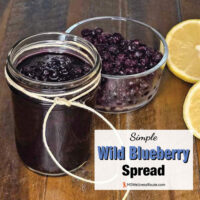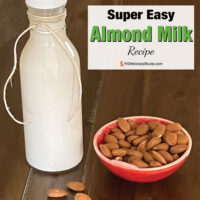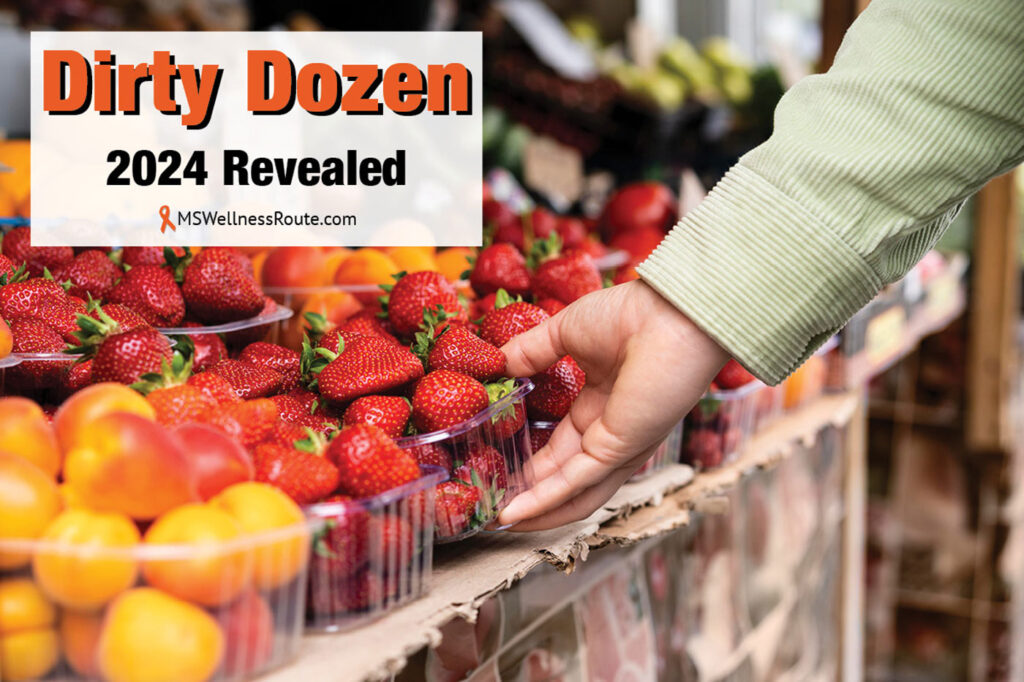
The 2024 Dirty Dozen and Clean Fifteen list was released. The “Dirty Dozen” is a list of fruits and vegetables that have more pesticide residue. The “Clean Fifteen” is a list that has the fewest pesticide residues. Understanding these lists can be a game-changer when you are trying to heal from multiple sclerosis (MS).
The Dirty Dozen and Clean Fifteen lists are published annually by the Environmental Working Group (EWG). They are a non-profit organization dedicated to protecting human health and the environment. They also analyze products such as body care and household products. I highly recommend visiting their website at ewg.org.
Pesticides are chemicals sprayed on crops to kill bugs and weeds. They help crops grow better and prevent diseases, but they can also be harmful to humans. The 2024 Dirty Dozen list names fruits and veggies with the most pesticide residues. Again, strawberries topped the list followed by spinach. Cauliflower has the least pesticide residues followed by bananas.
EWG found that 75 percent of all conventional fresh produce sampled had harmful pesticide residues. And items on the Dirty Dozen, a “whopping 95 percent of samples contained pesticides.” Most pesticide chemicals are fungicides “with the potential to harm the male reproductive system.” Steering clear of pesticides is important, especially when trying to detoxify your body from heavy metals.
What is in pesticides?
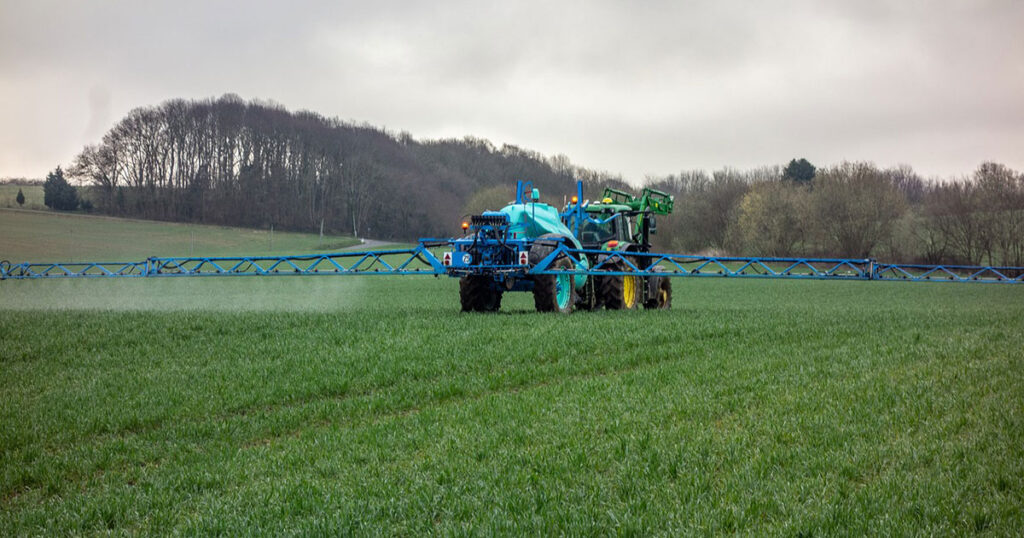
Image by Franck Barske from Pixabay
Pesticides are chemicals sprayed on crops to kill bugs and weeds. They may help the farmer but, they can be harmful to humans. Some pesticides contain heavy metals, which can harm the central nervous system. For people with MS, heavy metals can exacerbate their symptoms. Dr. Terry Wahls believes living near a farm field sprayed with pesticides is what triggered her MS.
Here’s how heavy metals can impact people with MS:
- Immune Dysregulation. Heavy metals disrupt immune function which can make symptoms worse.
- Inflammation. Heavy metals increase inflammation in the body. Chronic inflammation plays a role in the development and progression of MS. Exposure can lead to more frequent relapses or exacerbations. To lower your inflammation, ditch the dirty dozen and choose pesticide-free produce.
- Oxidative Stress. Heavy metals cause oxidative stress. Oxidative stress damages the nerve cells and increases inflammation.
Minimize your exposure to heavy metals as much as possible. Steer clear of contaminated water, mercury-rich seafood, and pesticide-laden foods. Drink a Heavy Metal Detox Smoothie every day!
Here are some foods that help remove heavy metals:
- Cilantro
- Citrus fruits are rich in vitamin C which helps the body detox
- Cruciferous vegetables such as broccoli, cabbage, cauliflower, and Brussels sprouts
- Garlic and onions
- Leafy greens such as spinach, kale, and chard
- Seeds and nuts such as almonds, Brazil nuts, flaxseeds, and pumpkin seeds
- Spirulina
- Turmeric contains curcumin, which has antioxidant and anti-inflammatory properties
Studies found farm workers exposed to pesticides had higher rates of being diagnosed with MS. It’s important to wash fruits and vegetables before eating them.
Organic Fruits and Vegetables
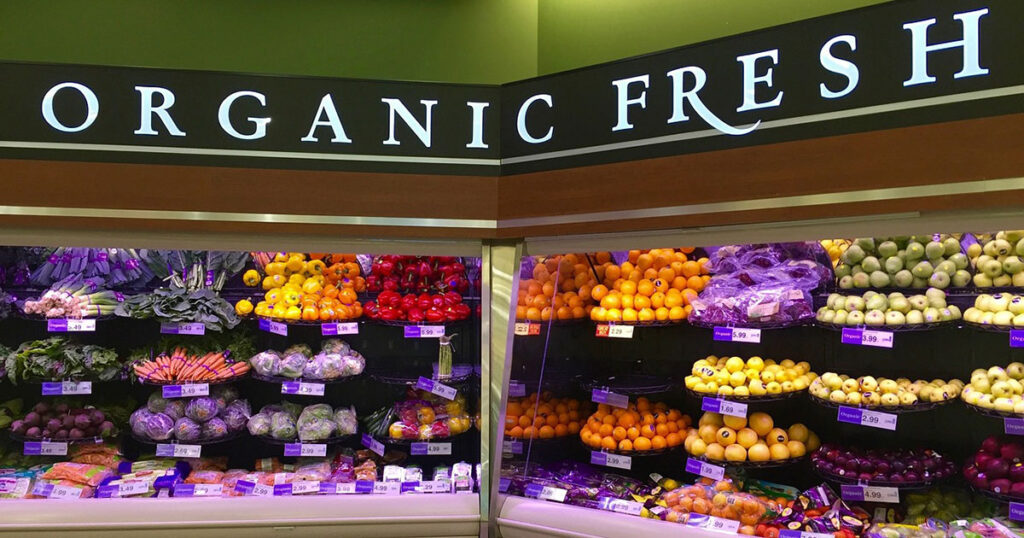
Image by NatureFriend from Pixabay
It’s best to purchase organic fruits and vegetables to avoid pesticides. Unfortunately, it’s not always affordable. That’s when the Dirty Dozen list comes in handy. If a produce is on the Dirty Dozen list then purchase organic. If it’s not on the list, you can buy non-organic. Especially if it’s on the Clean Fifteen list.
Choosing organic foods is a good idea for a few reasons:
- Environmental Benefits. Organic farming practices are generally more eco-friendly. They use methods such as crop rotation and natural fertilizers. These techniques help in soil health, minimizing water pollution, and promoting biodiversity.
- Fewer Pesticides. Organic foods are grown without synthetic pesticides. This can lower your exposure to harmful chemicals.
- No GMOs: Organic foods don’t contain genetically modified organisms (GMOs). Some people prefer to avoid GMOs due to concerns about their long-term effects.
- Supporting Small Farmers: Buying organic foods supports small-scale farmers. This can help promote local economies and agriculture that’s better for the planet.
Organic produce is food grown and processed using no synthetic fertilizers or pesticides. But, it does use pesticides derived from less toxic natural sources. It’s known as biopesticides. The 2024 Dirty Dozen and Clean Fifteen lists help people make better choices.
Examples of natural pesticides:
- Baking soda
- Black pepper
- Capsaicin (derived from chili peppers)
- Citronella oil
- Clove, peppermint, and rosemary oil
If you can’t afford organic fruits and vegetables, eating non-organic is better than avoiding them altogether.
Saving Money on Organic Produce

Buying organic produce is hard on your wallet, but there are ways to make it easier. I’ve been doing this for many years and some learned tricks along the way.
Tips for saving money on produce:
Buy in Bulk –
Look for bulk purchasing options. Either at local farmers’ markets, co-ops, or wholesale stores. Buying in bulk can sometimes reduce the per-unit cost. – Pay attention sometimes buying in bulk is more expensive.
Compare Prices –
Compare prices at different stores and farmers’ markets in your area. Prices can vary significantly, so shopping around can help you find the best deals. When you’re at one store check a competitor store’s app to see which has better prices.
Consider Frozen –
Frozen organic fruits and vegetables are often more affordable. Sometimes I prefer frozen over fresh because it lasts longer.
Focus on Priority Items –
Prioritize purchasing organic if it’s on the “Dirty Dozen” list. If not, choose non-organic produce to save money.
Grow Your Own –
Consider growing your own organic fruits and vegetables. Fresh herbs are expensive to buy and easy to grow. It not only saves you money it’s also rewarding to harvest your own food.
Join a Community Supported Agriculture (CSA) –
CSA programs allow you to buy a share of a local farm’s produce for a season. This can provide you with a variety of fresh, organic produce at a discounted price.
Plan Meals Wisely –
Plan your meals around seasonal and on-sale organic produce. Check store apps and inserts to see what’s on sale.
Shop Once a Week –
There’s nothing worse than finding produce that went bad. Plan your menu out for one week and buy only what you need. This will save you money from having to throw away rotten fruits and vegetables.
Shop Seasonally –
Grocery stores usually put seasonal produce on sale. Seasonal fruits and vegetables are also fresher and tastier.
Use Coupons and Discounts –
Look for coupons, sales, and discounts. Many stores offer promotions or loyalty programs that can help you save money.
Dirty Dozen, Clean Fifteen 2024
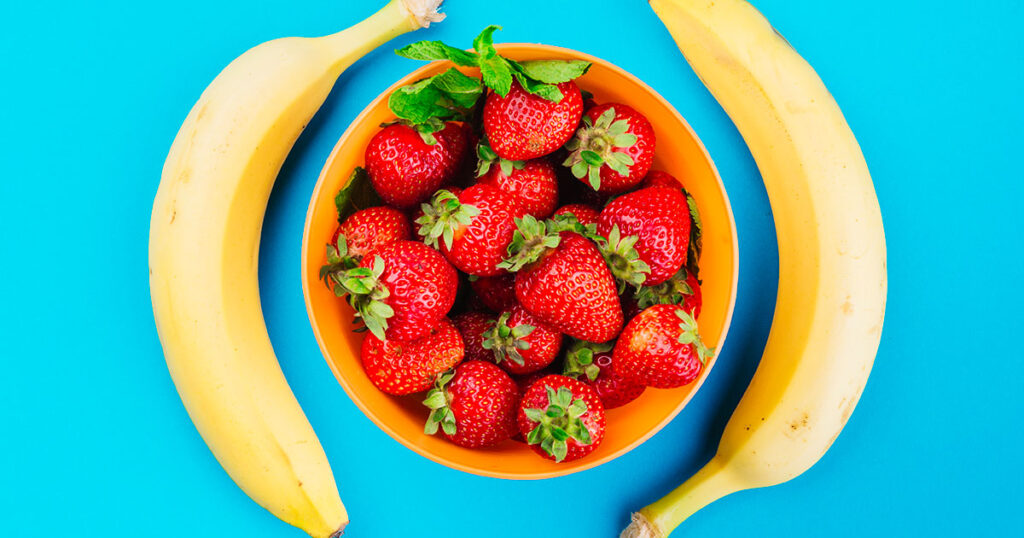
Eating organic fruits and veggies has lots of good points. It means fewer harmful chemicals in your food, better for the soil, saves water, and cuts down on pollution. Plus, it’s a way to support farming that’s kinder to nature. So, by going organic, you’re looking after yourself and helping the planet stay healthy. Knowing about the 2024 Dirty Dozen helps you eat safer.
Ways organic farming helps:
- Avoids synthetic pesticides and fertilizers
- Benefits insects and pollinators, which are essential for our ecosystem
- Improves the soil
- Typically uses less water than conventional farming methods
Follow a healthy lifestyle by eating healthy, exercising, and managing stress. Your journey towards better health begins with small, proactive steps. Nourishing your body with these nutrient-rich foods is a great place to start!
Quick Links To Information In This Post:

Want to remember this health tip? Pin it to your Pinterest board!
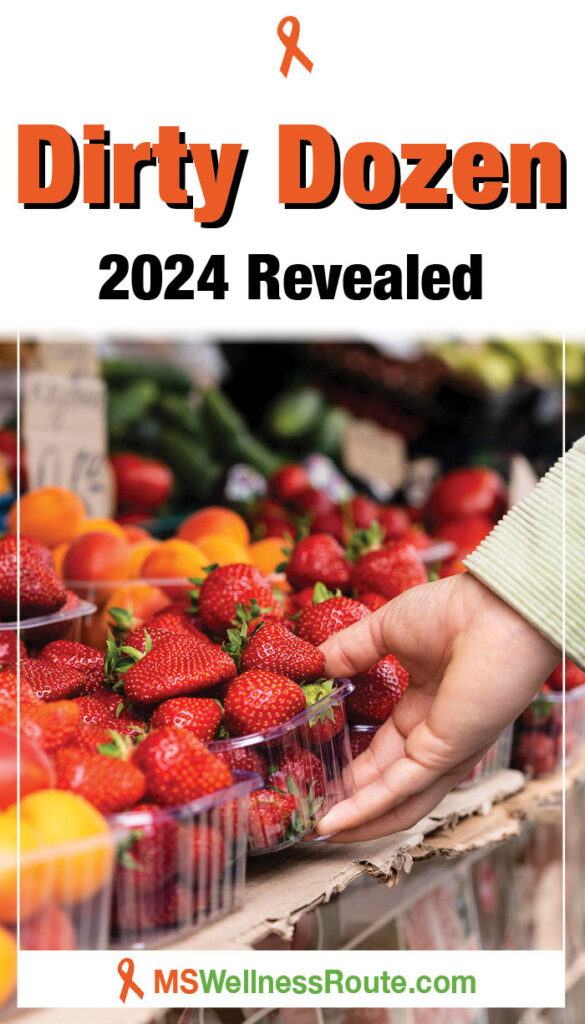
Image by Freepik
Dirty Dozen 2024 Revealed!



